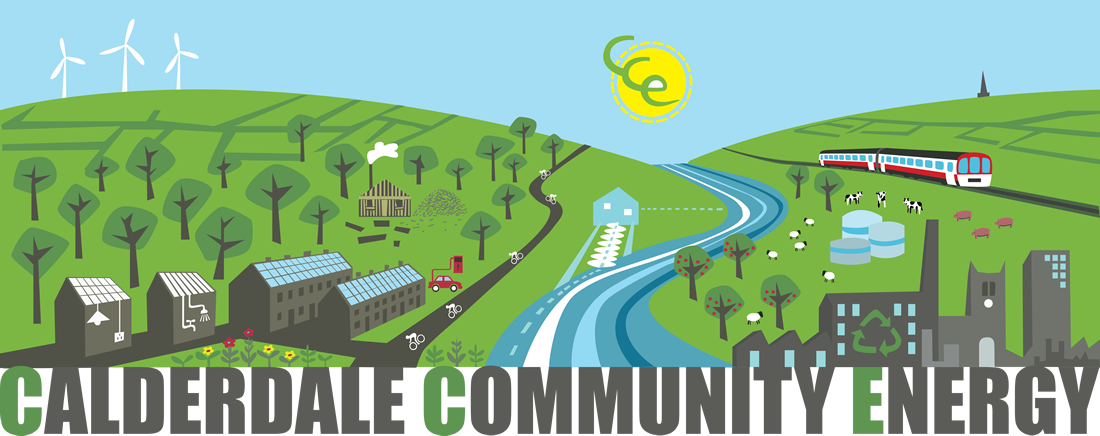The costs of a scheme can be divided into four main areas:
- Equipment. This will be for the renewable equipment itself – turbines, panels etc
- Civil works. This includes any work on installing the equipment at the site.
- Electrical system. This includes all the necessary electrical equipment – control systems, wiring, and transformer, but also connection to the electric. The cost of the latter is controlled by the local electric distribution company.
- Other costs. These could include costs for design and project management, licenses, planning permission etc.
There will also potentially be running costs to consider. These can include:
Any rents payable on the land
- Metering services used to measure the feed into the grid
- Business rates as renewable energy schemes are classed as businesses unless they are part of a domestic property
- Maintenance of the system
- Insurance costs
- Any public or employers liability
Raising the money for schemes can be done in several ways:
- Grants, gifts and donations are all monies that are freely given by donors who support the purpose of the community and where there is no expectation of a return on the money.
- Loans are monies that are invested by a third party and which must be repaid over an agreed length of time and with an agreed rate of interest.
- Equity is an investment in return for shares and which give the shareholders legal rights, a dividend on their investment, and also a right to vote. There are three types of equity – withdrawable share capital, ordinary transferable shares and preference shares.
